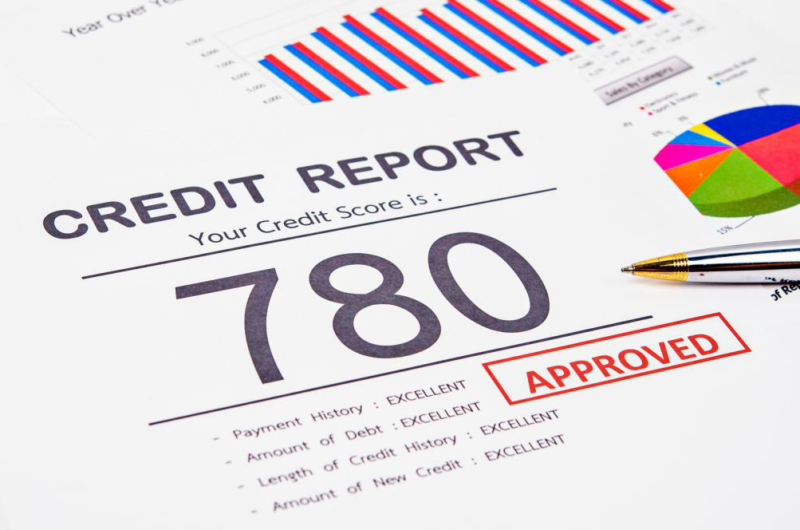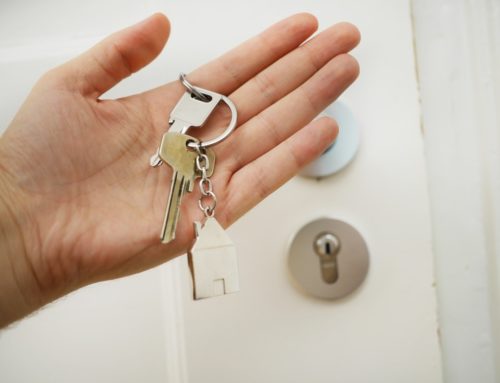People mostly look for inaccurate payment, like missed payments, that are incorrectly added in the report. It’s a good practice but not good enough. Learn more about credit report errors in this infograph.

Welcome to our comprehensive guide on the errors you should be looking for on a credit report. Your credit report plays a crucial role in your financial well-being, and it is essential to ensure that the information contained within it is accurate and error-free. In this article, we will delve into the common errors that can appear on a credit report, why they matter, and how you can effectively address them. Our goal is to provide you with the knowledge and tools necessary to protect your creditworthiness and maintain a strong financial standing.
Understanding the Importance of a Credit Report
Before we dive into the errors that can occur on a credit report, let’s first understand why it is vital to monitor and review this document regularly. Your credit report is a detailed record of your financial history, including your borrowing and repayment activities, as well as any public records related to your financial behavior. Lenders, creditors, and even potential employers rely on this information to assess your creditworthiness and make important decisions about your financial future.
Identifying Common Errors on a Credit Report
- Incorrect Personal Information
One of the most common errors found on credit reports is incorrect personal information. This can include misspelled names, outdated addresses, or inaccurate identification numbers. While it may seem trivial, these errors can have a significant impact on your creditworthiness. Lenders rely on accurate personal information to verify your identity and ensure they are evaluating the correct individual’s credit history.
- Inaccurate Account Information
Another type of error that can occur on a credit report is inaccurate account information. This can involve misreported balances, erroneous late payment records, or even accounts that do not belong to you. These inaccuracies can adversely affect your credit score and lead to potential issues when applying for loans or credit cards. It is crucial to review your credit report regularly to identify any discrepancies and take the necessary steps to rectify them.
- Duplicate Accounts
Duplicate accounts can also appear on a credit report, typically as a result of administrative errors or identity theft. These duplicates can artificially inflate your overall debt load and create confusion for lenders reviewing your creditworthiness. By identifying and resolving duplicate accounts promptly, you can ensure that your credit report accurately reflects your financial obligations.
- Fraudulent Activity
Instances of identity theft and fraudulent activity are on the rise, making it crucial to be vigilant when reviewing your credit report. Fraudulent accounts or unauthorized transactions can have severe consequences for your credit score and financial stability. Regularly monitoring your credit report allows you to detect any signs of fraudulent activity and take immediate action to mitigate the damage.
Addressing Credit Report Errors
Now that we have discussed common credit report errors, let’s explore how you can address them effectively. It is essential to follow these steps to ensure the errors are corrected promptly and do not continue to impact your creditworthiness.
- Obtain a Copy of Your Credit Report
Start by requesting a free copy of your credit report from each of the major credit bureaus: Equifax, Experian, and TransUnion. By reviewing reports from all three bureaus, you can ensure comprehensive coverage and identify errors across the board.
- Thoroughly Review Your Credit Report
Carefully examine each section of your credit report, paying close attention to personal information, account details, and any other relevant information. Highlight any discrepancies or errors you come across during your review.
- Dispute Errors with the Credit Bureaus
Once you have identified errors on your credit report, you need to take action to correct them. Begin by filing a dispute with the credit bureaus, providing them with clear and concise explanations of the errors you have found. It is crucial to include any supporting documentation that can validate your claims.






Leave A Comment